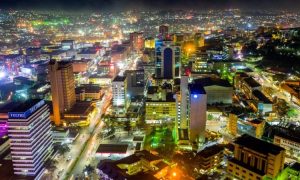Looking at the current Kampala City, it may be hard for one to appreciate the tremendous development of the Capital City from the Kampala back then.
Kampala as a City has gone through a series of stages to reach where it is today. These stages have been well explained by the research findings about the well-known City.
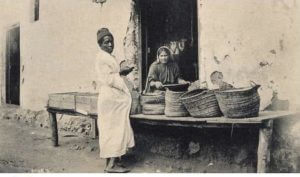
Studies show Kampala as the place where the territory of the British settlement was once located.
Reports also show that Kampala was initially called ‘‘Hill of the Impala” or Akasozike’Empala, which was then shortened to K’empala and finally Kampala. It previously spread out from the occupied Old Kampala hill near the pre-existing Kibuga (capital) of the Buganda Kingdom.
In the past, the buildings were made of bamboo and rattan whereas the supermarket of the time looked miserable with items being sold in baskets.
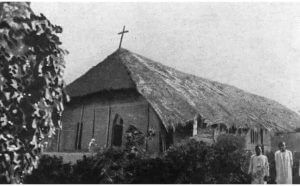
Taking a look at the infrastructure, the roads were in a very sorry state as many of them were marram while in some areas, people passed through the bush to access towns and main roads.
We can’t forget to talk about the education system in which, it is only Makerere University that existed as the higher learning institution unlike today where we have 19 universities, and several institutes and technical colleges.
Reports also indicate that the number of worshiping centre were countable at the time.
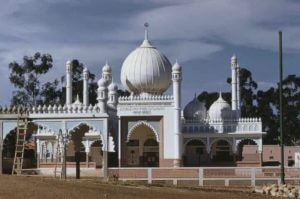
However, currently, Kampala is the Capital City and economic engine of Uganda with a diverse ethnic population drawn from all parts of the country and also from neighbouring countries such as the Democratic Republic of the Congo, Rwanda, South Sudan, Eritrea, Somalia, as well as from countries as far away as India and China.
According to the Uganda Bureau of Statistics Kampala has also been considered as the largest City of Uganda with a population of 1,680,000 people and is divided into the five political divisions of Kampala Central, Kawempe, Makindye, Na
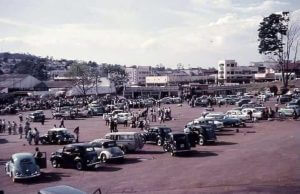
Kampala is reported to be among the fastest-growing cities in Africa, with an annual population growth rate of 4.03 percent, by City Mayors. Mercer, a New York-based consulting firm has often ranked Kampala as East Africa’s best city to live in.
